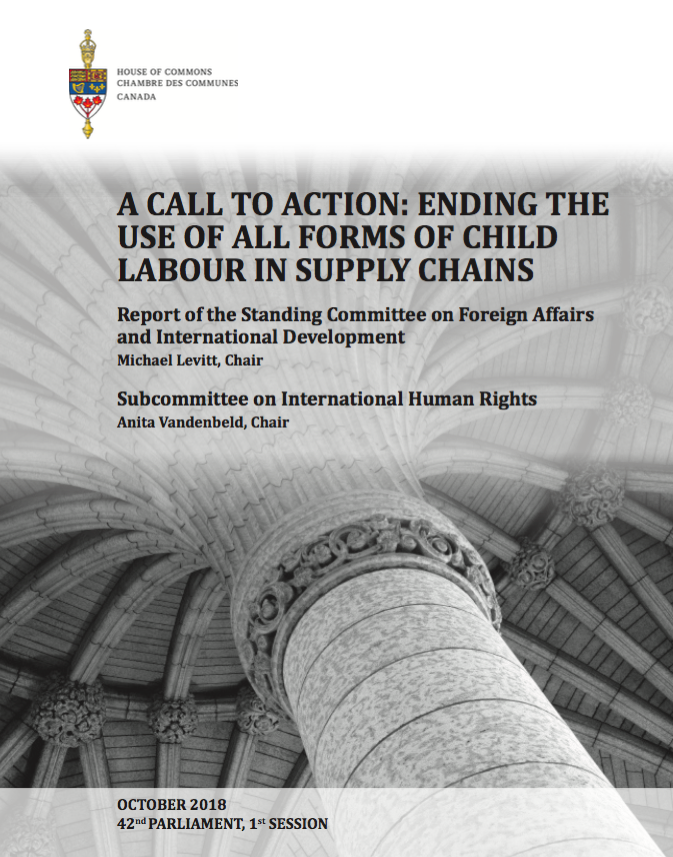Child labour book series: Corporate social responsibility for farmers, No. 1: Understanding the concept of child labour
PublicationsThis booklet is one in a set of three booklets that aims at educating stakeholders about the problem of child labour, the national policies, legislation and strategies and the specific hazards of engagement of children in tobacco farming. Readers ...Read More

